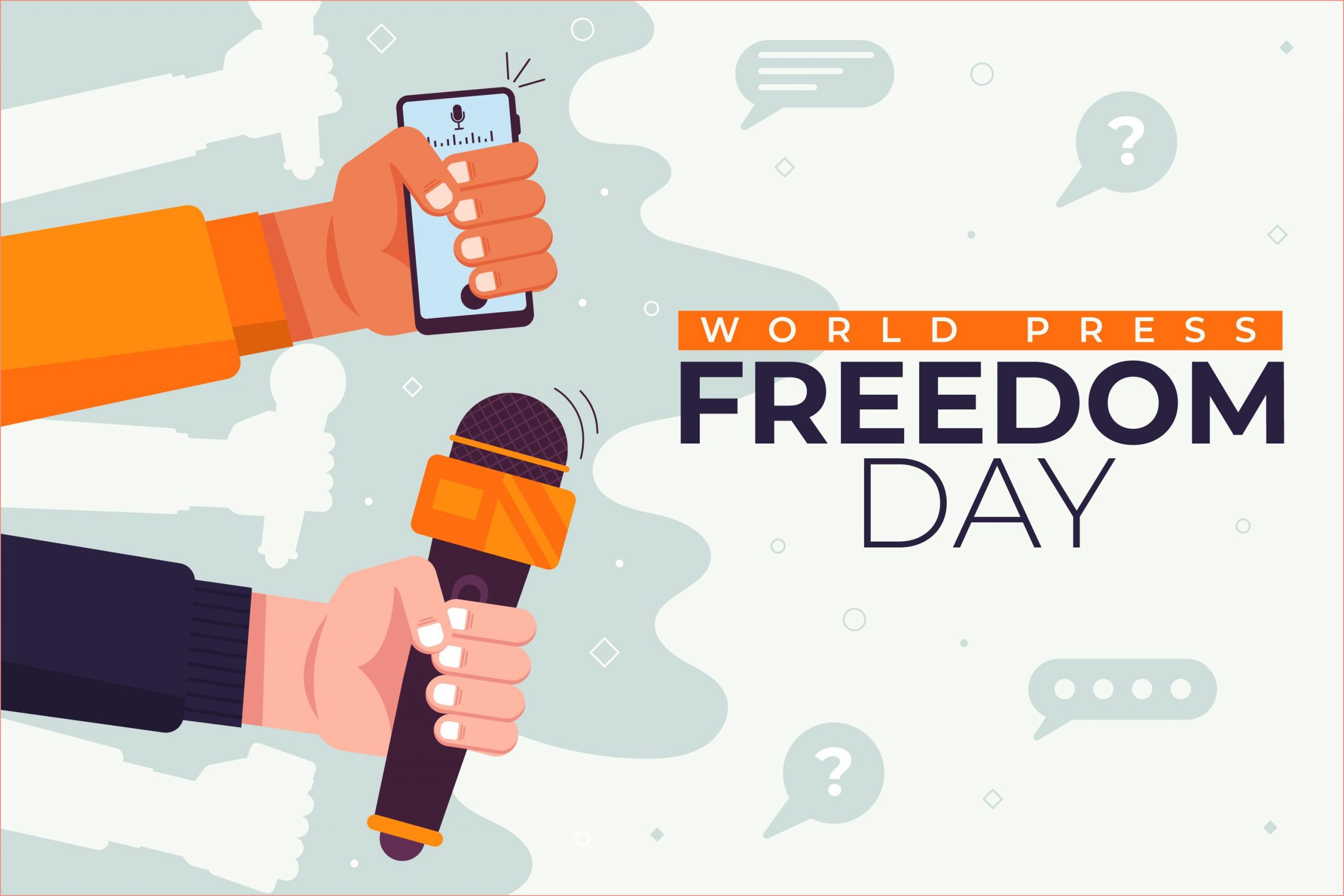Unshackling Truth: Celebrating World Press Freedom Day
World Press Freedom Day is an annual event that serves as a reminder of the fundamental importance of a free press in society. It is a day to celebrate the tireless efforts of journalists worldwide who risk their lives to uncover the truth and shed light on critical issues. This article will explore the significance of World Press Freedom Day, the challenges faced by journalists, and the importance of preserving this fundamental pillar of democracy.
The Importance of World Press Freedom:
World Press Freedom Day highlights the crucial role of a free press in promoting transparency, accountability, and democracy. It serves as a reminder of the inherent right to freedom of expression and the critical need for a vibrant and independent media landscape.
Upholding Democracy:
A free press acts as a watchdog, holding those in power accountable and ensuring transparency in governance. It empowers citizens by providing them with reliable information, enabling them to make informed decisions and participate actively in the democratic process.
Threats to Press Freedom:
Despite its importance, press freedom faces numerous challenges globally. Journalists often confront censorship, harassment, intimidation, and even violence for their reporting. The article will delve into the various threats faced by journalists and the impact these challenges have on the flow of information.
Digital Age and Press Freedom:
In the digital era, the landscape of journalism has evolved significantly. While technology has provided new avenues for information dissemination, it has also presented new challenges. The article will explore the impact of the digital age on press freedom, including the rise of disinformation and the need for media literacy.
Supporting Press Freedom:
The article will emphasize the importance of supporting press freedom by advocating for legal protections, condemning attacks on journalists, and promoting media literacy. It will discuss initiatives and organizations working tirelessly to safeguard and promote press freedom worldwide.
Celebrating Journalistic Courage:
World Press Freedom Day is an occasion to celebrate the courage and resilience of journalists who face tremendous risks to bring news stories to light. The article will highlight stories of journalists who have exemplified unwavering dedication to their craft and the pursuit of truth.
World Press Freedom Day serves as a powerful reminder that a free and independent press is vital for a functioning democracy. It is a day to recognize the challenges faced by journalists, celebrate their invaluable contributions, and renew our commitment to upholding press freedom. By protecting press freedom, we safeguard the foundation of democracy and ensure a more informed and just society for all.

History of World Press Freedom Day
World Press Freedom Day, celebrated annually on May 3rd, serves as a global reminder of the importance of a free press and the fundamental principles of press freedom. The history of this observance dates back to a significant milestone in the promotion of freedom of expression and press freedom.
- UNESCO’s Declaration: In 1946, the United Nations Educational, Scientific and Cultural Organization (UNESCO) was established with a mission to promote international cooperation in the fields of education, science, culture, and communication. Recognizing the vital role of a free press in fostering democracy and development, UNESCO adopted the Windhoek Declaration on May 3, 1991.
- Windhoek Declaration: The Windhoek Declaration emerged from a UNESCO-sponsored seminar held in Windhoek, Namibia, from April 29 to May 3, 1991. This historic gathering brought together journalists, media professionals, and African newspaper editors to discuss press freedom in Africa.
- Principles of the Windhoek Declaration: The Windhoek Declaration affirmed the principles of a free, independent, and pluralistic media. It emphasized the importance of unhindered access to information, the need to safeguard journalists’ safety and freedom, and the vital role of a diverse media landscape in fostering democracy and development.
- World Press Freedom Day Declaration: Building upon the significance of the Windhoek Declaration, the United Nations General Assembly proclaimed May 3rd as World Press Freedom Day in 1993. The General Assembly recognized this observance as an opportunity to celebrate the fundamental principles of press freedom, evaluate its status around the world, and promote media independence.
- Annual Observance: Since its proclamation, World Press Freedom Day has been celebrated annually on May 3rd by governments, non-governmental organizations, media professionals, and individuals worldwide. It provides a platform for discussions, events, and initiatives that highlight the importance of press freedom and address the challenges faced by journalists.
- Themes and Focus: Each year, World Press Freedom Day adopts a specific theme that reflects contemporary issues and challenges in the field of press freedom. The themes have covered various topics such as the safety of journalists, the role of media in elections, access to information, media and gender equality, and the impact of technology on journalism.
- Global Impact: World Press Freedom Day has become a global observance that sheds light on the state of press freedom worldwide. It serves as a reminder of the vital role journalists play in society, the challenges they face, and the importance of upholding freedom of expression and a free press as pillars of democracy.
In conclusion, World Press Freedom Day originated from the Windhoek Declaration and subsequent United Nations proclamation to commemorate the principles of press freedom. This annual observance serves as a platform to advocate for a free and independent media, assess the status of press freedom globally, and reinforce the significance of unfettered access to information in fostering democratic societies.
